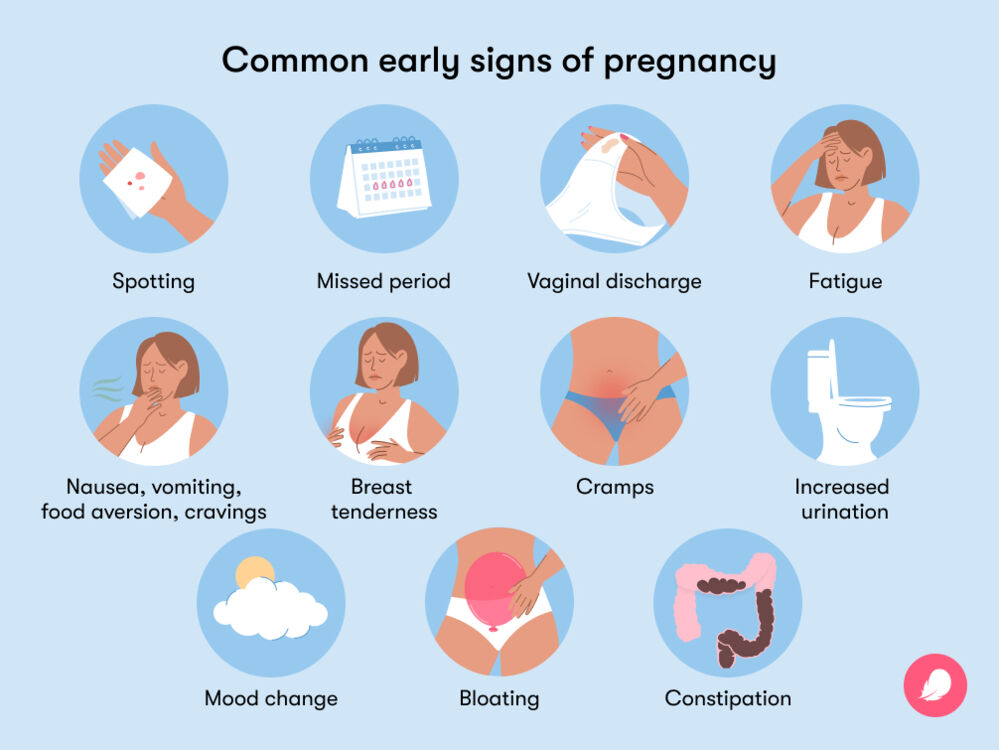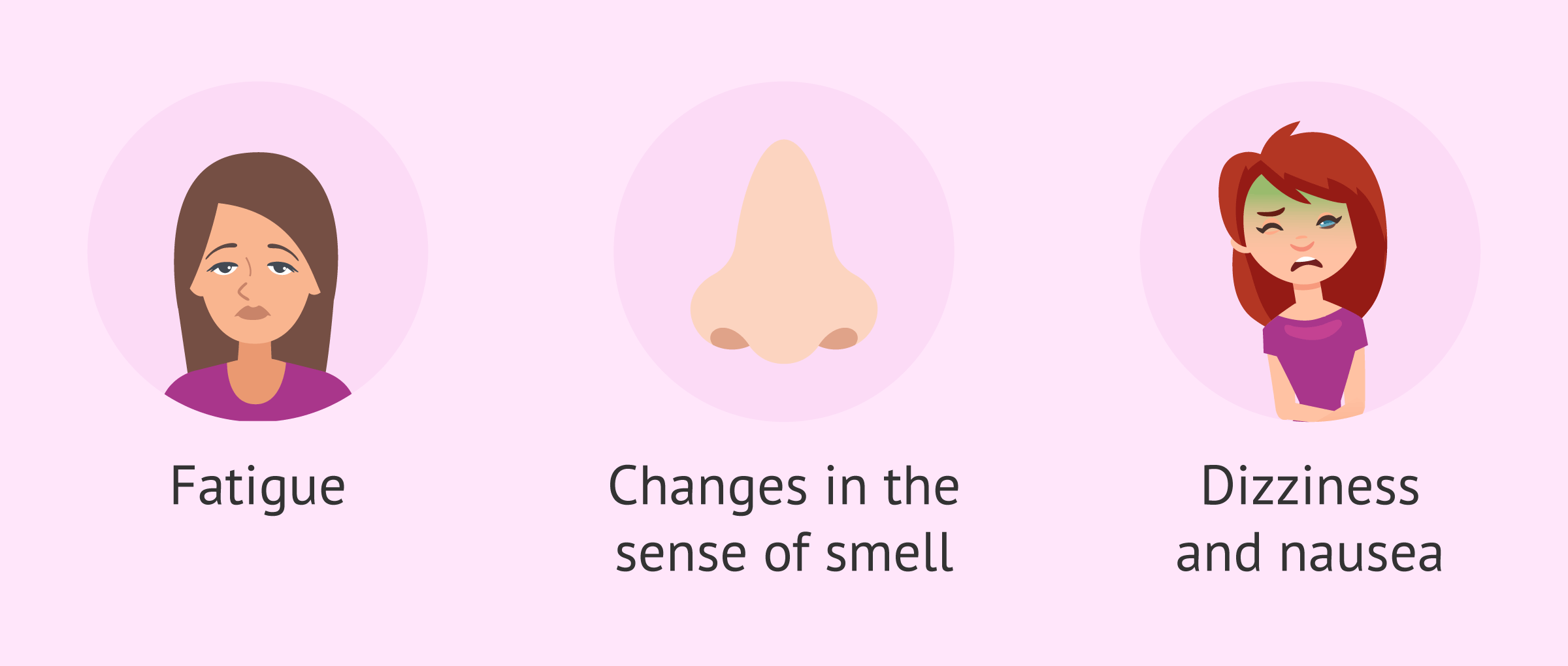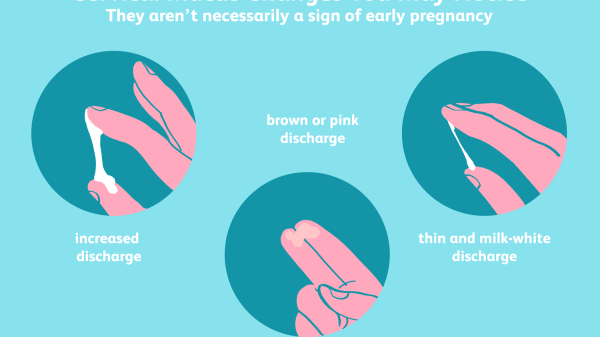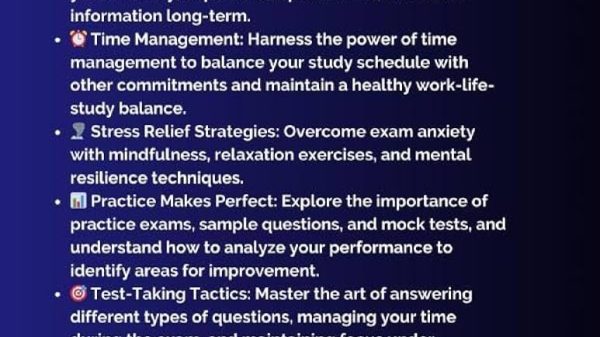Deciphering the first signs of pregnancy can be as confusing as trying to understand a complex puzzle. While the only surefire way to know you’re pregnant is a positive pregnancy test, your body might give subtle hints that a little one may be on the way. If you’re ten days from a missed period and on pregnancy watch, here are some symptoms you might be feeling even before you can take a test.

Credit: flo.health
Top Early Pregnancy Symptoms
Every woman’s body is different, and so is their early pregnancy experience. Some women may have clear and early signs of pregnancy, while others may not notice any changes until much later. Paying close attention to your body might help you detect the following early pregnancy signs:
| Symptom | Description |
|---|---|
| Breast Tenderness | Swollen or tender breasts are an early sign of pregnancy due to hormonal changes. |
| Fatigue | Feeling unusually tired without evident cause could be a signal as your body begins early pregnancy changes. |
| Frequent Urination | The need to urinate often is common due to increasing levels of the hCG hormone. |
| Nausea | Morning sickness doesn’t always wait for a missed period and can start early. |
| Mood Swings | Significant changes in mood may happen as hormone levels fluctuate drastically. |
| Bloating | You might feel bloated, similar to when getting your period, but it could persist longer due to pregnancy. |
| Cramping | Some women experience mild uterine cramps as the egg implants into the uterine lining. |
| Vaginal Discharge | An increase in white, milky discharge is natural due to thickening of the vaginal walls. |
| Constipation | Changing hormones might slow down your digestive system, leading to constipation. |
Understanding Early Pregnancy Tests
If you’re suspecting pregnancy, you’re probably curious about the accuracy of early pregnancy tests. Home pregnancy tests work by detecting the presence of human chorionic gonadotropin (hCG) in your urine, which your body produces shortly after implantation. Some sensitive tests can even detect trace levels of hCG eight days after ovulation. Here’s what you need to know:
- The best time to take an at-home pregnancy test is after a missed period for the most accurate results.
- Testing too early may yield a false negative because the hCG levels may not be high enough to detect.
- If you test early and the result is negative, it’s advisable to retest a few days later.

Credit: www.invitra.com
When to Consult a Doctor
If you’re experiencing any of these symptoms and believe you might be pregnant, it’s important to confirm your suspicions with a medical professional. Additionally, if you have a positive home pregnancy test, scheduling an appointment with your healthcare provider is crucial for your health and your baby’s development.








